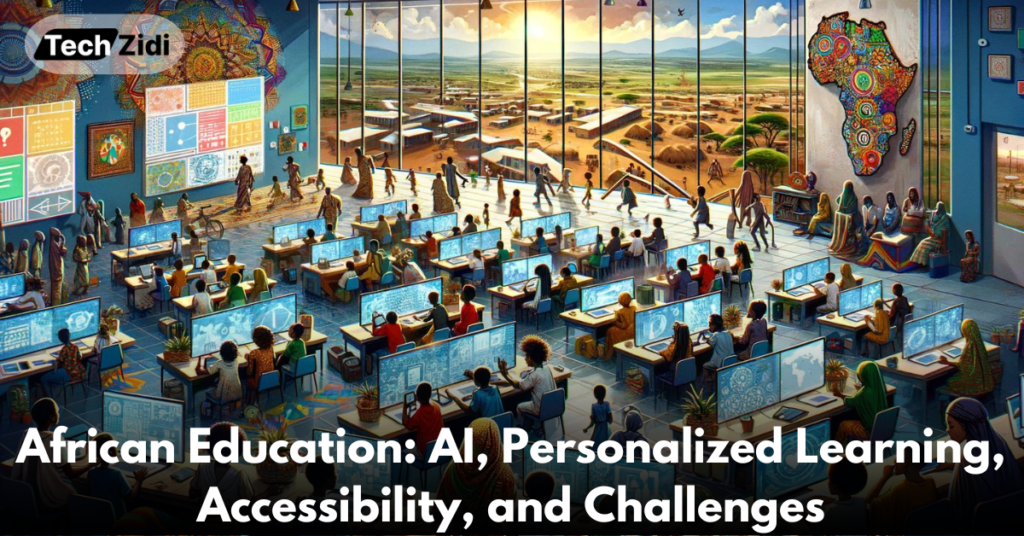African Education: AI, Personalized Learning, Accessibility, and Challenges
Artificial intelligence (AI) has the potential to revolutionize African education by offering personalized learning experiences and enhancing accessibility. But things that need to be fixed are bias, false information, and being alone. It is important for educators, policymakers, and technologists to work together to make sure AI works for both students and educators.
Insights from Lanre Oguntoye
Lanre Oguntoye, an accomplished educator and assistant principal at Greensprings School, emphasized the importance of African educators embracing AI in their teaching methods. AI-driven systems can identify learners’ strengths, weaknesses, and preferences, creating bespoke educational plans that optimize learning outcomes. By using AI in schools, teachers can make the classrooms more interesting and interactive for the students.
AI can also automate administrative tasks, freeing up educators’ time to focus on building meaningful connections with their students and refining their teaching strategies. Adopting AI in education is important in this quickly evolving digital era to prepare students for the future workforce and give them the skills they need to do well in a world run by AI.
Addressing Ethical Concerns
AI-powered tools can change content to work for students with disabilities, removing barriers and creating a more welcoming place to learn. Artificial intelligence (AI)-powered virtual and augmented reality tools promise to take students to immersive, interactive worlds where they can understand and experience even the most difficult ideas. While AI has some uses in education, problems like bias, false information, and students being alone need to be fixed to make sure it is used in a responsible and moral way.
To deal with bias, educators must stay alert and take the initiative to find and fix any biassed content or algorithms. Digital literacy programmes teach students how to tell the difference between fact and fiction in the age of AI. African teachers are encouraged to embrace AI, weigh its advantages and disadvantages, and contribute to shaping the future of education in a rapidly changing world.



